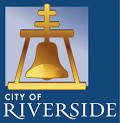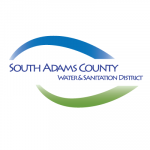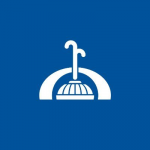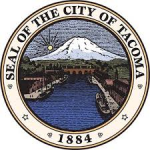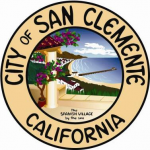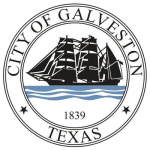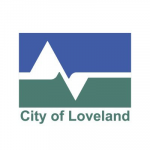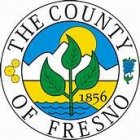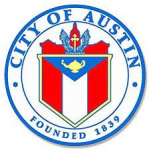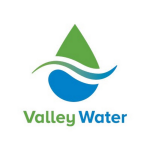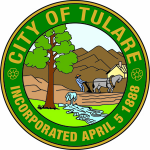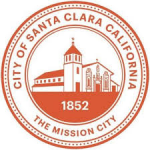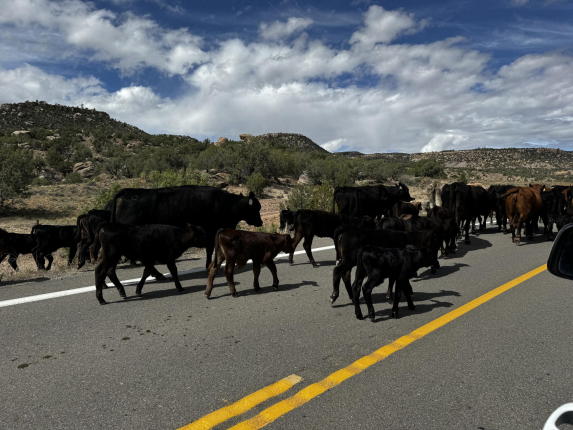Wastewater Treatment Jobs in the United States
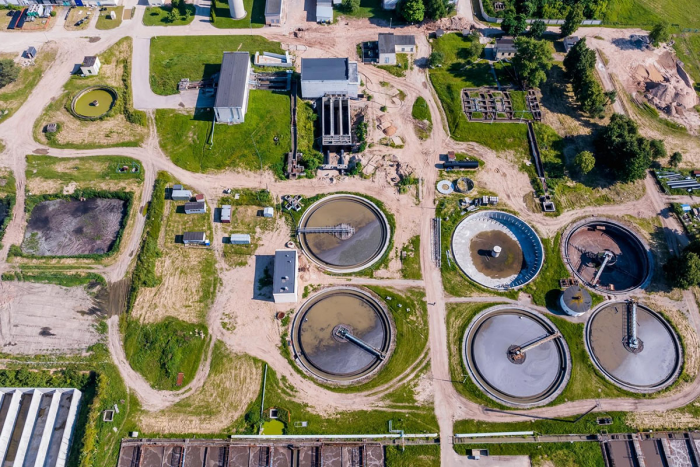
As the demand for clean and safe water rises, wastewater department jobs are essential in maintaining public health and protecting the environment. These positions offer opportunities for qualified applicants who are passionate about ensuring that wastewater is properly treated before it is released into the atmosphere or reused.
Professionals in the wastewater field are key members of the teams responsible for managing, operating, and maintaining the facilities that handle sewage and industrial wastewater. With roles ranging from plant operators to engineers, these careers are critical to the smooth operation of municipal and industrial water treatment systems.
- ⇀ Wastewater Treatment Careers
- ⇀ Types of Wastewater Treatment Jobs
- ⇀ Job Responsibilities
- ⇀ Qualifications and Requirements
- ⇀ Work Environment
- ⇀ Job Search and Application
- ⇀ Wastewater Treatment Plant Operations
- ⇀ Environmental Review and Regulations
- ⇀ Career Advancement
- ⇀ Job Benefits and Salary
- ⇀ Conclusion
Wastewater Treatment Careers
Wastewater treatment careers offer a range of positions, each with unique duties and responsibilities. Job seekers can find job postings in various cities for roles that involve overseeing the daily operations of treatment facilities.
These jobs help ensure that treatment plants meet regulatory standards, reduce environmental contamination, and manage the infrastructure that processes wastewater. The wastewater treatment field offers various career paths, whether you’re interested in plant operations, supervisory, or administrative positions.
From a detailed job summary to specific requirements, each posting in this field outlines opportunities for qualified applicants looking to make a difference in environmental management.
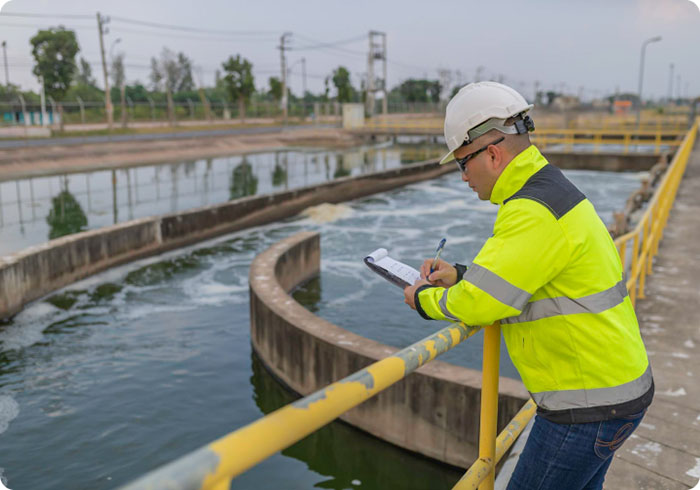
Types of Wastewater Treatment Jobs
The wastewater treatment sector offers a range of job roles, from entry-level to management positions. Here are some common types of wastewater treatment jobs:
- Wastewater Treatment Plant Operator
Operators are responsible for running and maintaining equipment that treats wastewater. They monitor plant systems, adjust chemical levels, and ensure the treatment process runs smoothly. Operators are the backbone of any wastewater treatment facility, performing regular inspections and troubleshooting equipment. - Wastewater Treatment Plant Supervisor
Supervisors manage teams of plant operators, overseeing daily operations, ensuring compliance with safety standards, and monitoring plant performance. They also handle scheduling, training, and ensuring the facility operates efficiently. - Code Enforcement Officer II
In this role, officers ensure compliance with municipal codes and regulations related to wastewater treatment. They inspect facilities, review permits, and address violations to maintain environmental safety and public health. - Public Works Lead: Water
This role involves managing the operations and maintenance of public water systems, ensuring that wastewater is treated and safely returned to the environment. Public Works Leads coordinate with different departments and manage water distribution and treatment teams. - Source and Supply Field Supervisor
Field supervisors oversee the collection and treatment of water, ensuring that it meets the required standards. They work with engineers and operators to ensure efficient system operation and compliance with environmental regulations. - Permit Review Engineer (Engineer III)
Engineers review permit applications for wastewater facilities, ensuring that construction and operation plans comply with environmental laws. They approve projects and ensure they meet safety and regulatory standards. - General Manager
The General Manager leads the overall operation of a wastewater treatment plant, overseeing staff, financial management, and long-term strategy. This role is crucial in ensuring the plant meets regulatory requirements and operates efficiently. - Principal Engineer
Principal Engineers are responsible for designing, maintaining, and improving wastewater treatment infrastructure. They collaborate with other engineers and supervisors to develop systems that meet operational and environmental requirements.
Job Responsibilities
Wastewater treatment professionals are tasked with critical responsibilities to ensure the smooth operation of treatment plants and compliance with environmental laws. Some of the key duties include:
- Operate and maintain wastewater treatment facilities
Operators monitor systems, adjust chemical levels, and perform regular maintenance to keep the plant running efficiently.
- Monitor the performance of processes and equipment
Monitoring involves checking various treatment processes to ensure equipment functions correctly and meets safety standards. - Develop and implement safety policies and procedures
Supervisors and managers are responsible for creating safety protocols to protect workers and the public from potential hazards. - Manage construction projects and ensure compliance with building codes
Engineers and managers oversee the development and construction of new treatment facilities, ensuring that all work complies with local and federal codes. - Provide administrative support to the Public Works Department
Administrative staff handle paperwork, manage budgets, and ensure the department runs smoothly.
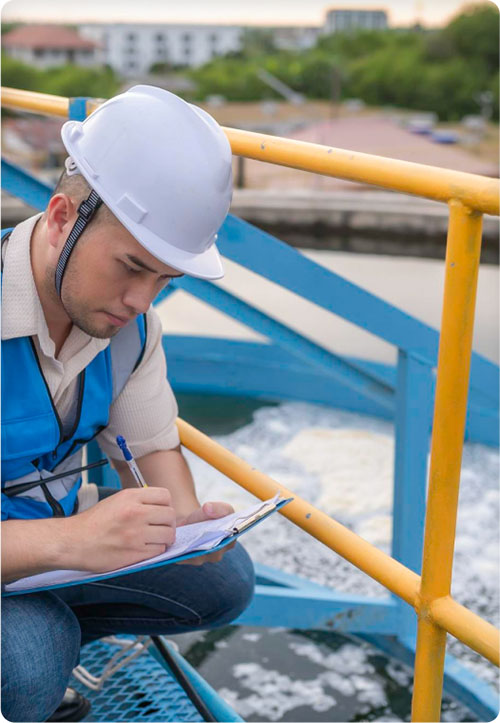
- Operate and maintain utility systems
This includes managing the electrical, mechanical, and chemical systems that keep wastewater treatment plants operational.
Qualifications and Requirements
Wastewater treatment jobs have specific educational and skill requirements, depending on the level and type of position.
- Education and Training
Many positions require an associate’s degree in environmental science, engineering, or a related field. Technical certifications and licenses, such as a Minnesota Boiler Operator License or a Certified Water Treatment Operator certification, are often required.

- Experience
Most wastewater treatment jobs require several years of experience in equipment maintenance, plant operations, or a related field. For supervisory and managerial roles, candidates need leadership experience and expertise in overseeing plant operations. - Licensing
Positions like Plant Operators often require specific licenses, such as a Class D Driver’s License or a boiler operator license. Knowledge of plumbing, electrical systems, SCADA (Supervisory Control and Data Acquisition), and HVAC systems is also essential.
Work Environment
Working in wastewater treatment can be physically demanding, with operators often requiring lifting heavy equipment and working in fast-paced environments. The nature of the job may require working from home part-time, especially in managerial roles, and traveling within the region.
- Hours and Physical Demands
Wastewater treatment professionals typically work full-time, with opportunities for overtime. Physical tasks may include lifting up to 50 pounds and handling hazardous materials. Salaries range from $30,000 to over $100,000 annually, depending on the position and experience level. Benefits often include health insurance, retirement plans, and paid time off.
Job Search and Application
Finding wastewater treatment jobs can be as straightforward as searching online job boards, such as government websites, or networking with professionals in the industry. Some tips for finding jobs in this field include:
- Search job postings on Indeed, Glassdoor, and government job boards.
- Network with professionals through industry associations or LinkedIn.
- Check with local government agencies and water treatment plants for job openings.

- Consider working with recruitment agencies specializing in environmental or public works careers.
Wastewater Treatment Plant Operations
Maintenance and management are critical aspects of wastewater treatment plant operations. Operators and supervisors ensure that all equipment runs efficiently and perform regular inspections to prevent breakdowns. Responsibilities include:
- Scheduling and assigning tasks to the maintenance team.
- Managing preventative maintenance to avoid equipment failure.
- Assisting with construction and repair projects.
Environmental Review and Regulations
Wastewater treatment professionals must comply with strict environmental regulations. Ensuring compliance with environmental permits is a key part of the job. This involves conducting environmental assessments, developing policies, and collaborating with regulatory agencies.
Career Advancement
Wastewater treatment offers numerous opportunities for career advancement, particularly for individuals willing to pursue certifications and further education. Certifications such as the Certified Water Treatment Operator (CWTO) can open doors to higher-level positions, including management roles. Networking within the industry and attending workshops or training sessions can also lead to new job opportunities.
Job Benefits and Salary
Wastewater treatment jobs offer competitive salaries and benefits. Entry-level positions typically start around $30,000 annually, while supervisory and managerial roles can pay upwards of $100,000 annually. Benefits often include health insurance, dental and vision coverage, retirement plans, and paid time off.
Conclusion
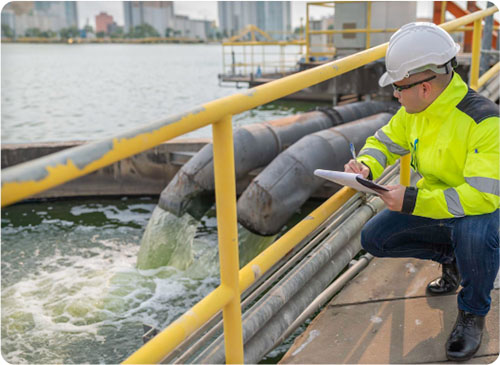
The wastewater treatment industry is vital, offering numerous job opportunities across various skill levels. Whether you’re interested in hands-on roles such as a plant operator or a managerial position overseeing operations, this field provides a unique chance to contribute to water wastewater management, environmental protection, and public health.
As a key member of this essential industry, you’ll play a crucial role in maintaining clean water systems for your city and community. With the right education, training, and experience, wastewater treatment professionals can secure long-term careers. By reviewing job postings in this field, you can find opportunities that offer competitive salaries, excellent benefits, and the potential for career advancement.



